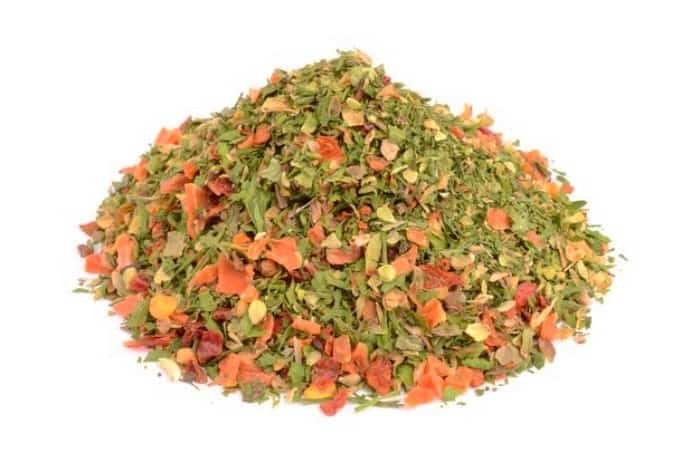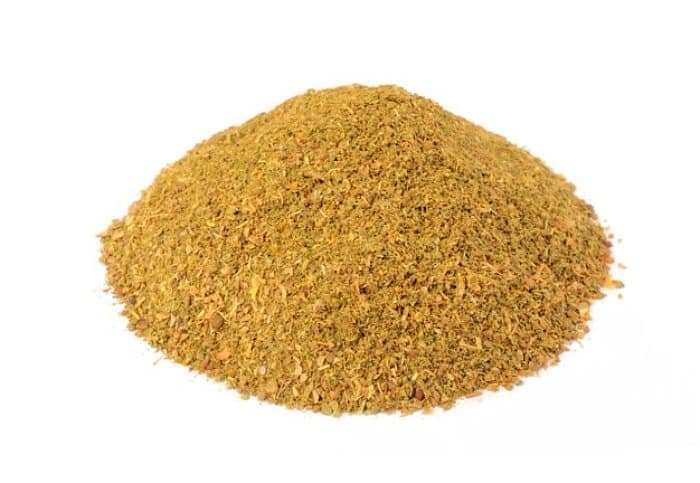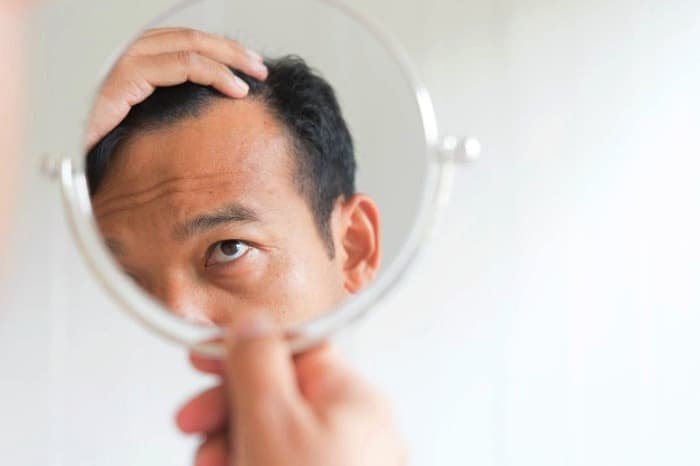Healing properties and health advantages of senna leaves
This remarkable plant is very beneficial for the entire body. Exposure to radiation, environmental pollutants, and harsh chemicals can affect our skin health and lead to various skin problems. Natural plants are an effective and inexpensive way to achieve glowing skin and repair skin issues. Some ways…Senna leavescan benefit our body as follows.
Characteristics of senna leaves
Senna has a warm and dry nature and acts as a laxative for phlegm, bile, and burnt mixtures.
1. Boosting immunity
A paste made from senna plant can be used on the skin to reduce a wide range of skin irritation conditions, including psoriasis, acne, eczema, and rashes. A compound in senna has antibacterial properties that strengthen the immune system against these types of issues.
2.Weight loss
Senna leaf tea is especially useful for weight loss. First, it helps relieve…occasional constipationthat often occurs in low-fiber diets. Second, a low-calorie solution helps enhance your fluid intake. Drinking more fluids makes you less likely to eat. Third, it assists in removing toxins and undigested food in the large intestine. This cleansing and detoxification supports the proper absorption of nutrients and optimal metabolism, leading to weight loss.
The method of using senna leaves forweight loss
Senna herbal tea is suitable for enhancing the weight loss process. To lose weight, boil water and add senna leaves to the boiling water and let it steep for 5 minutes, then add lemon juice and somehoneyto further improve the taste of the senna tea and use this herbal tea twice daily. While drinkingsenna teaensure you eat suitable foods to help improve your digestive process.

3. Treating constipation
In response to some questions from you readers in the health sectionSelMagzwe must say that eating senna leaves or drinking senna tea stimulates bowel movements. Senna leaves cause the walls of the large intestine to contract, leading to the formation of stool in your digestive system. Due to this ability, senna leaves are your ally in relieving constipation, which often results in bowel movements within six to twelve hours post consumption. In Traditional Chinese Medicine, senna helps remove heat from your large intestine and aids in eliminating…old foodthat has built up over time. Traditionally, senna leaves are not recommended for women who are menstruating or pregnant.
4. Treating skin problems
The resin and tannins found in the senna plant help reduce skin inflammation. For this purpose, senna leaves are used in Ayurvedic medicines. The paste made from senna leaves is applied as a compress to heal conditions like ringworm, wounds, and burns.
5. Beneficial forhemorrhoids
It has been established that senna plant is effective in treating anal fissures and hemorrhoids as it helps reduce swelling and facilitates quick recovery. Additionally, as it causes soft stools, it aids in easily resolving pathologic conditions like anal fissures. This happens because after ingestion, compounds in senna are absorbed in the intestinal tract and help separate non-sugary components in the large intestine. These non-sugary components increase peristaltic movements by stimulating the intestines. Thus, it accelerates the movement of stool through the gut.
6. Helpful for skin infections
The antibacterial properties of the senna plant can help treat skin diseases or infections. The paste made from senna leaves is effective in treating skin infections like acne and inflammatory conditions like eczema. The acetone and ethanol found in senna leaves can combat microorganisms that causeacne.

7. Food forindigestion
It has been shown that the senna plant helps relieveheartburn,nausea, gas,bloatingand discomfort from indigestion. Consuming senna, when paired with aromatic herbs like cardamom, fennel,gingerandminthelps reduce gas formation in the stomach with its strong cleansing effects.
8. Colon cleanser
Senna is recognized as a “cleaning herb” due to its laxative effects. In Traditional Chinese Medicine, senna leaves have been used to clear accumulated heat in the large intestine and help the body eliminate stagnant food in the stomach. Nowadays, it is used to cleanse the large intestine before colonoscopies and other types of large intestine surgeries.
9. Strong hair
Senna leaves can be used for smooth, shiny, and strong hair. You can create ahair maskby mixing senna powder with water andyogurt. For more effects, you can also add ingredients like citrus juices, herbal tea essences, spices, etc. Apply it to your hair and use it once in small portions. Let the paste penetrate into your scalp. Cover your head with a plastic bag and let it dry. Wash it off after a few hours.
10. It combatshair lossThe senna plant not only strengthens your hair but also improves scalp condition and treats
dandruffas well. It adds shine and luster to your hair. Senna is a wonderful remedy and can also combat hair loss. This plant cannot naturally darken hair but definitely provides conditioning. It can be combined with other plants like amla and shikakai for additional benefits.11. Treats irritable bowel syndrome (IBS) and its symptoms

Irritable bowel syndrome or disease (IBS or IBD) is characterized by chronic stomach pain. This condition is accompanied by irregular bowel habits (diarrhea, constipation, or both). Pain often starts after eating and subsides after a bowel movement. Symptoms of IBS include bloating, mucus passage, and incomplete emptying sensation.
Due to its laxative property, senna may assist in managing irritable bowel syndrome (IBS). This plant causes contractions in the large intestine, thereby forcing the bowel to eliminate quickly. Consuming small doses of senna can help reduce bloating,
stomach painand discomfort due to IBS.Remember, the magical properties of senna leaves work only in small doses. High doses can lead to several side effects. Read more about this below:
12. Treating parasitic diseases
In addition to its laxative effect, some compounds in senna tea also possess anti-parasitic properties. By eliminating worms and other
13. Diuretic
This healthy tea, also known as a diuretic, helps remove excess salt, fat, toxins, and water from the body. Overuse of senna leaf tea may lead to water depletion in the body, so be sure to drink plenty of water while using this tea.
14. Colonoscopy preparation
Senna leaf tea is sometimes recommended as a method tocleanse thelarge intestine before undergoing a colonoscopy. What is a colonoscopy? It is a medical procedure that looks inside the large intestine, also known as the colon, which is the final part of the digestive system. Before undergoing this procedure, the large intestine must be entirely cleansed of accumulated waste and debris. It has been shown that consuming senna leaves orally is as effective ascastor oiland regular products likebisco-dilfor preparing the intestine prior to a colonoscopy.

Consumption of senna by pregnant women and children
During pregnancy and breastfeeding, women should avoid using senna as there is insufficient information about the safety of this plant for pregnant and breastfeeding women. Children can use small amounts of senna fruit, which has a milder effect than the leaves.
What are the side effects of senna leaves?
Excessive use of senna leaves can lead to acute and chronic conditions, including stomach cramps and electrolyte disturbances. However, long-term use of stimulant laxatives like senna can cause:
- muscle cramps
- nausea
- diarrhea
- unexpected weight loss
- dizziness
- liver damage
- hypokalemia (lowpotassium)
- color changes in the large intestine and urine
Potassium depletion or deficiency has a significant effect. This can cause muscle weakness and arrhythmias (dangerous changes in heart rhythm).
mild abdominal pain.
Weakness, usually seen indiarrheaoccurs due to water loss.
There is insufficient information about the safety of this plant for pregnant and breastfeeding women. Therefore, in such cases and during menstruation, please ensure to avoid the consumption of senna.
People withbowel obstruction, IBD, intestinal ulcers, undiagnosed stomach pain, or appendicitis should also avoid senna.

What are senna drug interactions?
Senna leaves or extracts of this plant can interact with specific groups of medications. Do not use anticoagulants, blood thinners, corticosteroids, and heart health medications when consuming senna. These medications (such aswarfarinand digoxin) may enhance potassium depletion.
Pain relievers, antipyretics, anti-inflammatories and steroids (like paracetamol, ketoprofen, estradiol, etc.) may also interact with senna leaves. Senna may increase or decrease the absorption of these medications.
So, when, how, and how much senna should you consume to avoid such side effects?
How and how much senna should you take?
The usual dose of senna leaves is about 15-30 milligrams twice daily. It is recommended to use it for less than a week. Senna is available in tablet, tea, and leaf forms. We strongly recommend consulting a doctor before taking senna supplements. They may determine an appropriate dose for you or make a recommendation regarding it.
How to prepare senna tea?
Ingredients
- A quarter teaspoon of dried senna leaves
- 2 cups of water (filtered)
- A half teaspoon of honey
Preparation of tea
Boil the water and add the dried leaves allowing them to sit for 8 to 10 minutes. Add honey if desired. Wait for the effects of senna herbal tea 1 to 3 hours after drinking. The laxative effect of senna can sometimes be strong and may irritate those with sensitive stomachs.







